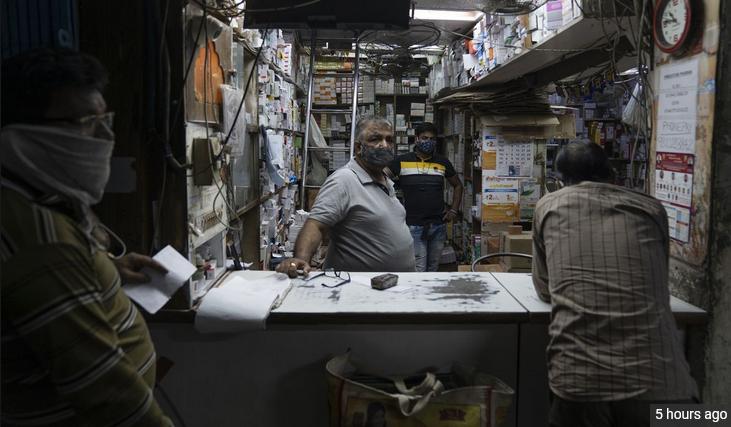Africa-Press – Gambia. Hi there, it’s Chris in Mumbai. The tragic deaths of dozens of children in a tiny West African nation has shone a spotlight on India’s colossal pharmaceutical industry. But first…
“Quality you would expect at price you wouldn’t,” reads the grammatically challenged tag line on the Facebook page of Maiden Pharmaceuticals Ltd., one of the thousands of little-known Indian drugmakers that churn out cheap, generic medicines consumed by patients around the world.
For decades India’s fast-growing pharma industry has been hailed for bringing affordable drugs to the masses. But a lethal price was recently paid by 69 Gambian children — deaths the World Health Organization last week said was potentially linked to four cold and cough syrups produced by Maiden Pharma. They contained “unacceptable amounts” of contaminating diethylene glycol and ethylene glycol, said the WHO analysis.
India’s health ministry attempted to calm anxious parents, claiming the mixtures weren’t being sold domestically and saying that the Gambian authorities should have tested the imported products.
Yet the disaster was sadly predictable, according to health campaigners and lawyers who pointed out that Maiden’s products were repeatedly flagged by some Indian states and foreign regulators for irregularities in recent years. (In a statement to Indian media, Maiden said officials at the federal drug regulator visited its factory and have taken samples, adding the company “diligently” followed health protocols and had valid drug export approvals.)For Prime Minister Narendra Modi’s government, the Gambian deaths are another blow to hopes of establishing India’s $42 billion drugmaking industry as the “pharmacy of the world.” Multiple medical scandals have originated from Indian plants, but attempts at reform are being complicated by the country’s maze of state and federal level regulations. The patchy quality of domestic inspections and the entrenched culture of jugaad — creative improvisation or bending the rules, depending on your interpretation — are also obstacles to progress.
That mentality has helped cut costs to 33% lower than in Western markets, according to an investment promotion agency estimate, but can have dangerous consequences.
After the nearly two-year hiatus during the Covid-19 pandemic, the return of US Food and Drug Administration inspectors to Indian factories has revealed a fresh batch of potentially dangerous production defects at plants exporting to American patients. The Gambian deaths are a reminder of how much still falls through the cracks.
“They got a break from oversight during the pandemic,” Dinesh Thakur, a former Indian pharma executive turned industry critic, told me earlier this year. “I don’t think anything materially has changed in the way these manufacturers operate.” — Chris Kay
Ask us anything — well, anything health-related that is! Each week we’re picking a reader question and putting it to our network of experts. So get in touch via [email protected].
For More News And Analysis About Gambia Follow Africa-Press






